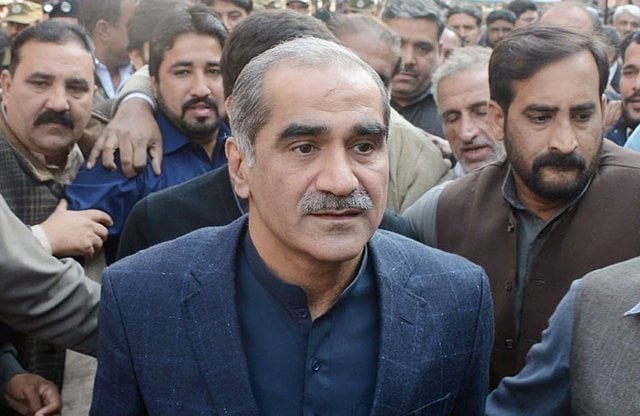A day after acting President Yousuf Raza Gilani enacted the National Accountability (Amendment) Ordinance, extending the maximum period of physical remand for those accused in white-collar crimes from 14 to 40 days, leaders within the ruling PML-N and one of its allies have voiced their opposition to the amendment.
PML-N leader Khwaja Saad Rafiq, who himself has faced NAB investigations and endured 90 days of remand, vehemently rejected the ordinance.
Taking to social media platform X, he stated, “Extending the physical remand from 14 to 40 days is regrettable and should be revoked. Controversial legislation always proves to be unsuitable.”
Referring to the NAB law as a “black law,” the former railways minister criticized its origins, stating, “The accountability law was crafted by a dictator. Various military, civil, and judicial dictators have exploited it for shameful political purposes.”
Mr. Rafiq emphasized that numerous innocent individuals have suffered due to this law’s misuse, making it impossible for anyone to support it.
The MQM-P, a coalition partner of the ruling PML-N, also rejected the recent amendment to the NAB law, deeming it “inappropriate.”
In a statement issued by the MQM’s Central Committee, they expressed their disagreement with the idea of keeping an accused individual on remand for 40 days.
They labeled the amendment as “unfathomable,” particularly questioning the reduction of the sentence for an officer who brings forth a case based on ill-will from five to two years.
“The amendment in the law requires a thorough reconsideration,” the statement concluded.
Since certain modifications were introduced to the accountability laws by the previous government, NAB has become significantly weakened to the point where even bureaucrats fail to respond to the bureau’s inquiries.




